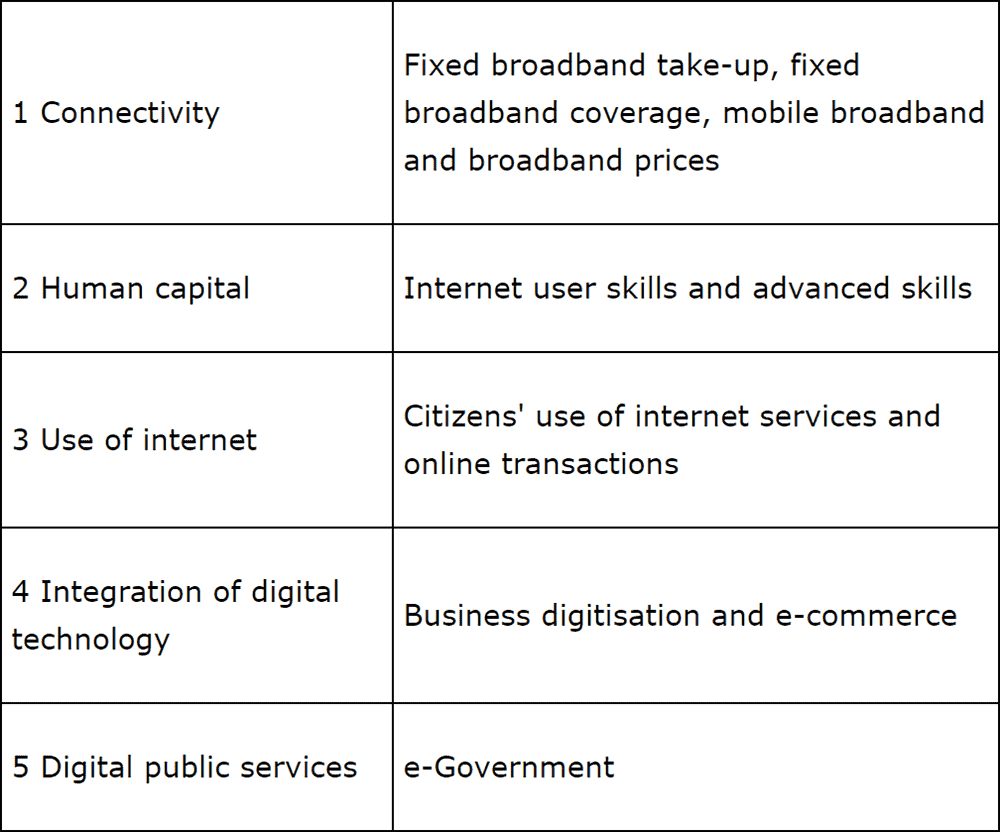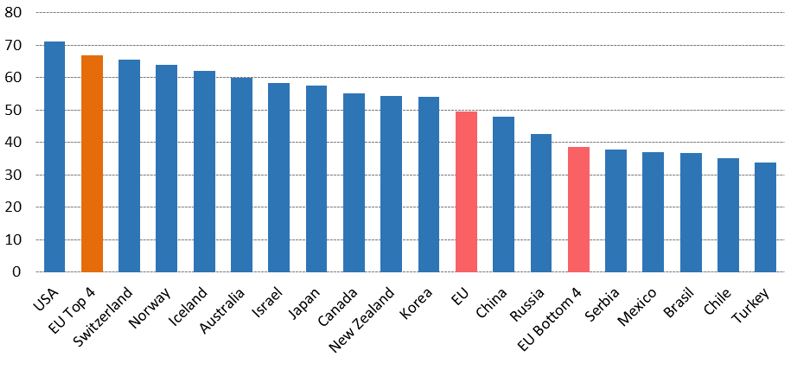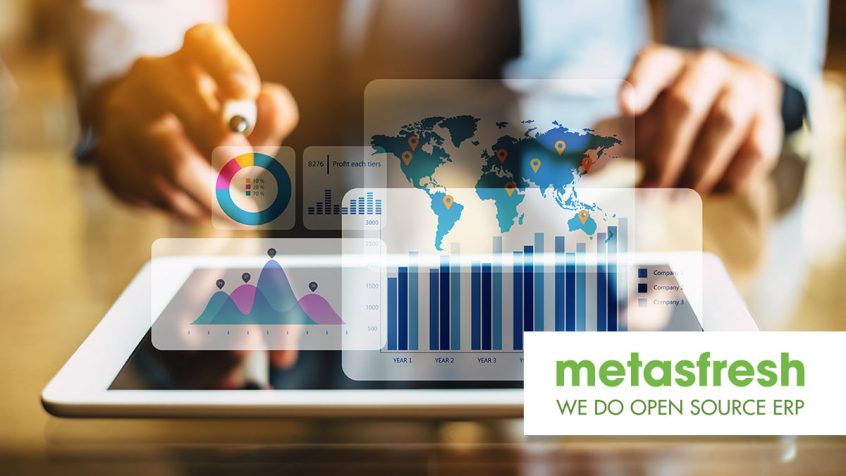Share this Post
Today, economic growth and technology are inextricably linked. The world has changed dramatically over the past ten or so years. Whether at work, at university, at home, or on the move, we depend on our digital devices not only to communicate and organise ourselves, but to buy goods, book tickets, consume media, conduct banking transactions, and pay our bills. Digital technology, indeed, is the consumer’s ultimate enabler. And, as businesses around the globe undergo digital transformations to deliver on these demands, the digital economy is awakened.
Indeed, like consumers, businesses are increasingly operating within a digital environment. Every day, more and more business is conducted electronically between trading partners. B2B ecommerce is growing at breakneck speed. Data and analytics are increasingly powering decision-making. Cloud technologies are enabling companies to scale rapidly, reach global markets easily, and mobilise remote workforces almost instantly — even in the midst of a global pandemic.
But what is the digital economy exactly — and what are the implications for today’s businesses operating within it?
What Is the Digital Economy?
Deloitte provides a clear and succinct answer to this question. “It’s the economic activity that results from billions of everyday online connections among people, businesses, devices, data, and processes. The backbone of the digital economy is hyperconnectivity which means growing interconnectedness of people, organisations, and machines that results from the Internet, mobile technology and the internet of things (IoT).”
As Deloitte goes on to note, the digital economy is taking shape, continuing to undermine conventional notions about how businesses are structured — how firms interact, and how consumers obtain services, information, and goods.
Each year, the European Commission publishes the Digital Economy and Society Index (DESI) — a composite index that summarises relevant indicators on Europe’s digital performance and tracks the evolution of EU countries in digital competitiveness. It monitors the performance of Member States along the following five criteria.

The five principal policy areas of DESI —Source: europa.eu
Combined, these five factors make up the digital economy. Connectivity and digital skills (i.e., human capital) are considered as foundations of the digital economy — when calculating a country’s overall DESI score, each contributes 25% to the total. Integration of digital technology accounts for 20%, since the use of ICT in the business sector is one of the most important drivers of growth, while online activities and digital public services each contribute 15%.
Below, the first chart shows each Member State’s DESI score for 2020; the second, how the EU compares to other digitised countries worldwide.

The Digital Economy and Society Index (DESI 2020) —Source: europa.eu

International DESI, based on 2018 data —Source: europa.eu
COVID-19 and Changing Demographics Accelerate the Digital Economy
Of course, measures to contain the COVID-19 pandemic have profoundly impacted both consumers’ and businesses’ relationships with digital technologies. While digital consumption was already on the rise before the crisis — driven by the emergence of new technologies, the proliferation of the smartphone, demographic change and evolving customer demands — the coronavirus emergency has accelerated the trend.
Indeed, our global dependency on digital technology has been heightened across all aspects of society over the past twelve months — from education to health, and from retail to logistics. Remote working, distance learning and ecommerce have soared — as has the uptake of digital tools in business.
These internet-based and bandwidth-intensive activities fuel demand for high-quality connectivity and digital services — a demand that will only increase, even after COVID-19.
Indeed, given the fact that younger people use more digital goods and services than older generations, the digital economy is expected to enjoy a sustained boom over the coming decade and beyond. As HSBC notes, about 22% of developed-world workers are “digital natives” — born after 1990 and have grown up surrounded by technology. By 2030, this proportion will reach 43%. Already, between 10% and 30% of retail sales are conducted online, with double-digit growth over the past year. By the end of the decade, HSBC estimates that around half of all goods consumption will be online in developed markets.

Digital Economy Forecast by 2030 —Source: hsbc.com
Succeeding in Today’s Digital Economy
Digitalisation is no longer a part of the economy — it is a fundamental component of it. Organisations that are unable to adapt will likely become obsolete — leaving enterprises that successfully transition to the digital world to scoop up the market.
Deloitte pulls a revealing quote from digital economy news site TechCrunch to make the point: “Uber, the world’s largest taxi company, owns no vehicles. Facebook, the world’s most popular media owner, creates no content. Alibaba, the most valuable retailer, has no inventory. And Airbnb, the world’s largest accommodation provider, owns no real estate.”
In other words, nothing is sacred in the digital economy. The rules of the game have fundamentally changed. Simply having great products is no longer good enough. To successfully compete and survive digital Darwinism, organisations must be able to conduct business electronically, market to and interact with customers (both B2C and B2B) online, and facilitate digital business processes that can be conducted anywhere by an increasingly remote workforce.
In short, swift and comprehensive digital transformation is central to business success in the digital economy. The speed of economic and technological change means that agility and flexibility are key differentiators. To succeed, today’s organisations need complete enterprise-wide visibility and the ability to seamlessly collaborate across the business if they are to quickly respond to the changing market and take advantage of new, digitally-enabled opportunities.
A powerful, modern ERP system like metasfresh Cloud gives organisations this agility, flexibility and visibility to not only survive in the digital economy, but thrive in it.
metasfresh Cloud is a simple, reliable, secure and scalable enterprise resource planning (ERP) platform for small to large-sized enterprises across industries — from food and pharma to mechanical engineering and construction. An ERP system is one of the most important and effective business management tools to succeed in the digital economy, forming the basis of robust digital transformation across the business. metasfresh gives organisations the helicopter view of what’s going on in the company, helping leaders identify gaps where new digital solutions and services can be incorporated to improve processes, win new customers and add value. Indeed, the metasfresh ERP solution is where your business data from across departments converges, giving you the control and insights you need to overcome any digitalisation challenges as they present themselves. And since metasfresh cloud is built for the user and accessible from anywhere with an internet connection, your remote teams can work together and collaborate effectively no matter where they are.
Talk to us here at metasfresh. Since 2006 we have been developing our ERP software non-stop with open source components and under the open source licenses GPLv2 and GPLv3. Our mission is to enable each and every company to access a powerful ERP system that supports digital transformation and fuels corporate growth. Get in touch today for more information and insights.
Share this Post



